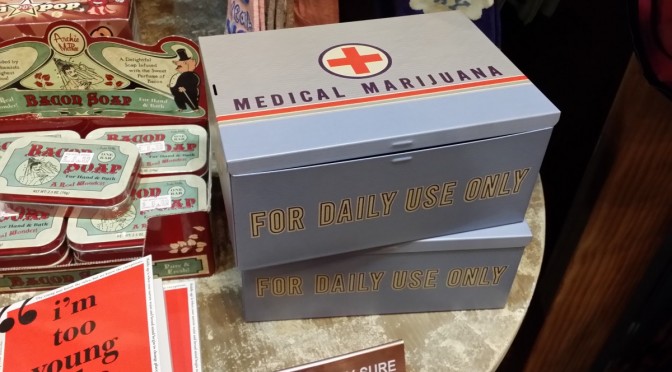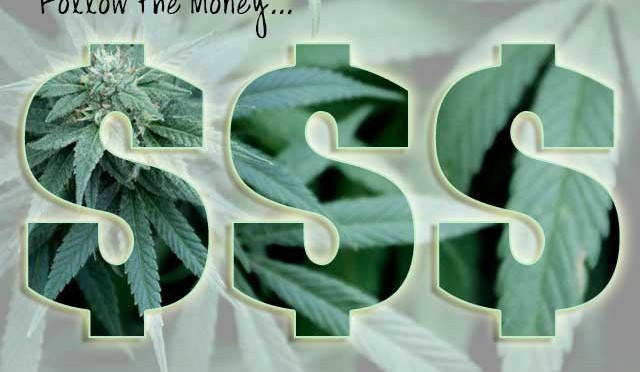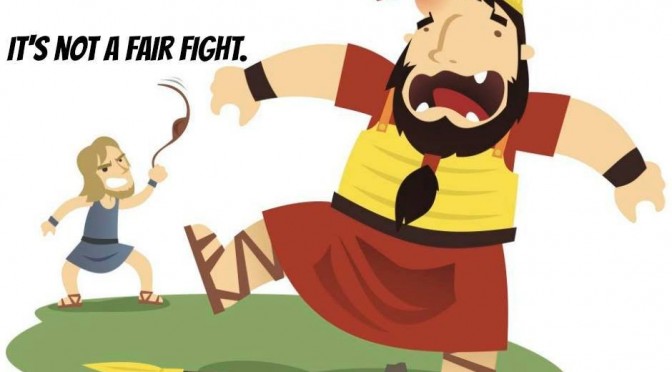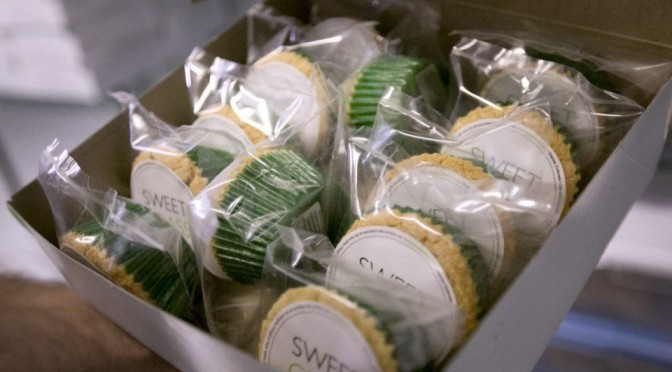Marijuana Lobby Depends on Selling a Lie to Pull off a Scam
If you tell a lie long enough, people start believing it’s the truth. We found a “medical” marijuana box in the middle of the soaps and toiletries of a gift shop in a state where lobbyists have been trying to commercialize “medical” marijuana through the state legislature. Marked “For Daily Use Only,” it gives the appearance of necessity, much like a pill box. The marijuana industry is finding good ways to trick the public into believing marijuana is “medicinal,” just as the tobacco industry claimed cigarettes were healthy. However, there are 450,000 marijuana-related hospitalizations in the US each year.*
This summer the head of the DEA (Drug Enforcement Administration) said he would be making a decision about rescheduling marijuana which would mean a change from Schedule 1 to Schedule 2. However, this past week a federal magistrate judge in New York rebuffed a challenge to federal laws which place marijuana among the most dangerous drugs.
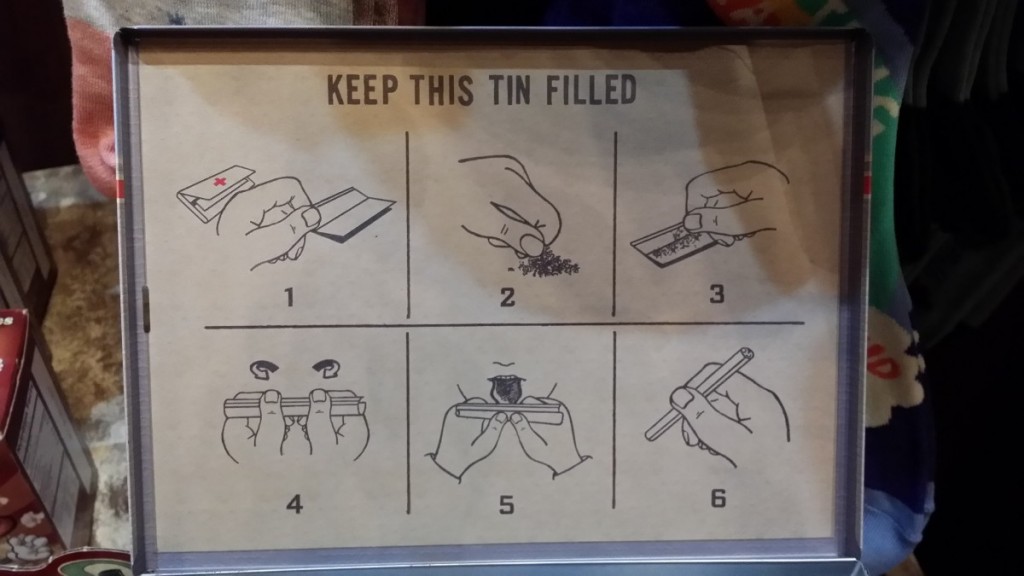
It should be no surprise, as Judge Kimberly Mueller made a similar ruling against rescheduling in April, 2015. Her decision followed a Court ruling of January 2013, which followed many years of studying the issue, by the DEA, with input from the Food and Drug Administration and the Department of Health and Human Services.
The Ruling of July 12 in New York
In his ruling, U.S. Magistrate Judge Jonathan Feldman said, “There can be no dispute that public opinion on whether marijuana has legitimate medical uses is changing in this country.” But Feldman ruled that Charles and Alexander Green, two brothers accused of marijuana trafficking, had a to prove that current federal laws are “so arbitrary and irrational as to be unconstitutional.”
The Greens, who are from California, are accused of major roles in a marijuana trafficking operation that brought the drug into western New York. They have challenged how federal law classifies marijuana, in the same category as heroin. The category known as “Schedule 1” drugs suggests Congress and federal authorities consider it among the nation’s most dangerous illicit substances.
Marijuana, as a plant or a weed, is not medicinal. Derivatives may have medical application, but those are derivatives of the plant not marijuana. National Families in Action put a good explanation of the difference between marijuana and marijuana-based medicines.
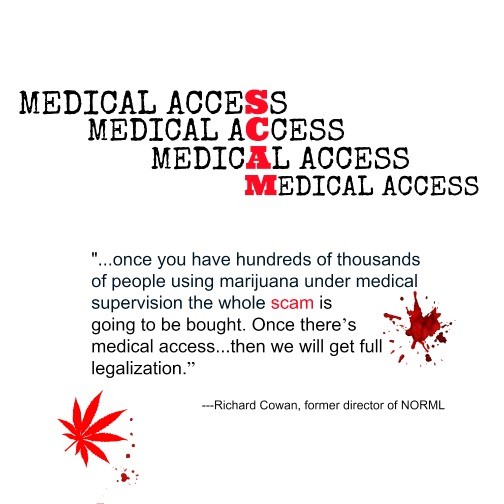
It is possible that the DEA may reschedule cannabidiol, one of the cannabinoids in marijuana, which gives relief to some children with seizures. Today’s high-THC marijuana has lower proportions of CBD than the marijuana of the 60s, 70s and 80s, which makes marijuana far more dangerous, on par with heroin. (Any medicine derived from a plant does not go by the plant name, but the marijuana lobby tries to mislead the public into confusing the extract from the plant.)
Quotes by leaders of NORML reveal that medical marijuana was planned as a scam from the start. On February 6, 1979, at Emory University, Keith Stroup said: “We are trying to get marijuana reclassified medically. If we do that, we’ll be using the issue as a red herring to give marijuana a good name.” Richard Cowan and Ed Rosenthal followed up with statements saying that getting people to buy into the idea of medical marijuana and getting hundreds of thousands to do it will be the key to getting full legalization.
Watch the video.
*Information comes from checking the long DEA report that was available online until recently showed a growing number of hospital treatments for marijuana up until 2010. Obviously, it is more now. Here is the summary available online.

